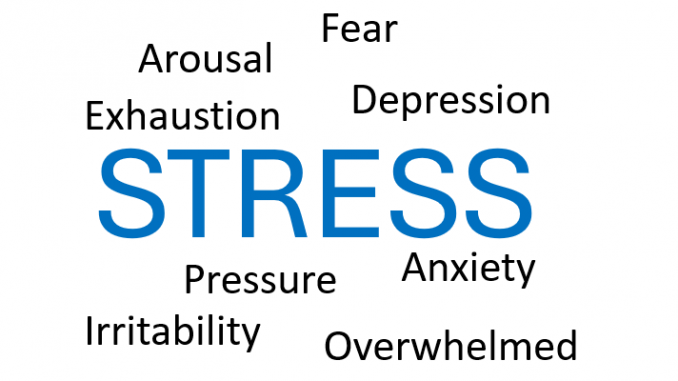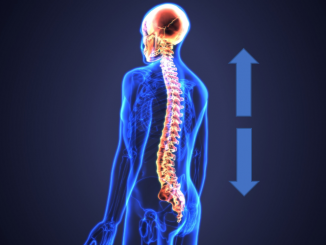
There is a mountain of evidence that has already proven that prolonged stress often leads to depression, and now comes another study proving that very theory.
The stress response is a fascinating physiological reaction and the effects of being in that heightened state of stress has big knock-on effects on different parts of our bodies, including our hormones, gut health, and reproductive systems.
But, what it does to our mental health is perhaps the most direct and profound effect.
Stress leads to the stimulation of the emotional centre of our brain (think Fight, Flight, Freeze, Fawn), so, a stressed person is more often than not an emotional person.
What I see quite often in my relationship counselling work is that stress and a lack of a safe relationship with your loved one can lead to increased emotionality, which can lead directly to a further reduction in safety at home/harmony in the relationship.
Naturally, this means additional stress. That is a vicious cycle.
Further to all this, new research from the USA has found another possible vicious cycle – a link between chronic stress and a reduced interest in things that previously brought us pleasure.
Scientists at the Medical College of Georgia at Augusta University studied the effects of chronic exposure to stress in mice, in particular the effects on the part of the brain that regulates functions like releasing hormones, as well as drives like hunger, thirst, mood, sex, and sleep.
They found the stressors increased the spontaneous firing of proopiomelanocortin (or POMC) neurons and this resulted in the apparent inability to feel pleasure, called anhedonia, and behavioral despair, which is essentially depression.
In humans, indicators of anhedonia might include no longer interacting with good friends and a loss of libido.
In mice, their usual love for sugar water wains, and male mice, who normally like to sniff the urine of females when they are in heat, lose some of their interest as well.
The results indicate POMC neurons are “both necessary and sufficient” to increase susceptibility to stress, and their increased firing is a driver of resulting behavioral changes like depression.
In fact, stress overtly decreased inhibitory inputs onto POMC neurons.
The POMC neurons are in the hypothalamus, a bow-shaped brain region already thought to be important to how chronic stress affects behavior.
Occupying the same region is another population of neurons, called AgRP neurons, which are important for resilience to chronic stress and depression.
In the face of chronic stress, the study established that AgRP activation goes down as behavioral changes like anhedonia occur and that when they stimulated those neurons the behaviors diminished.
AgRP neurons, better known for their role in us seeking food when we are hungry, are known to have a yin-yang relationship with POMC neurons: When AgRP activation goes up, for example, POMC activation goes down.
So, further proof that we, as humans, need safety, support, love, and access to resources to help us reduce the stress response and inhibit these serious and often debilitating knock-on effects.



